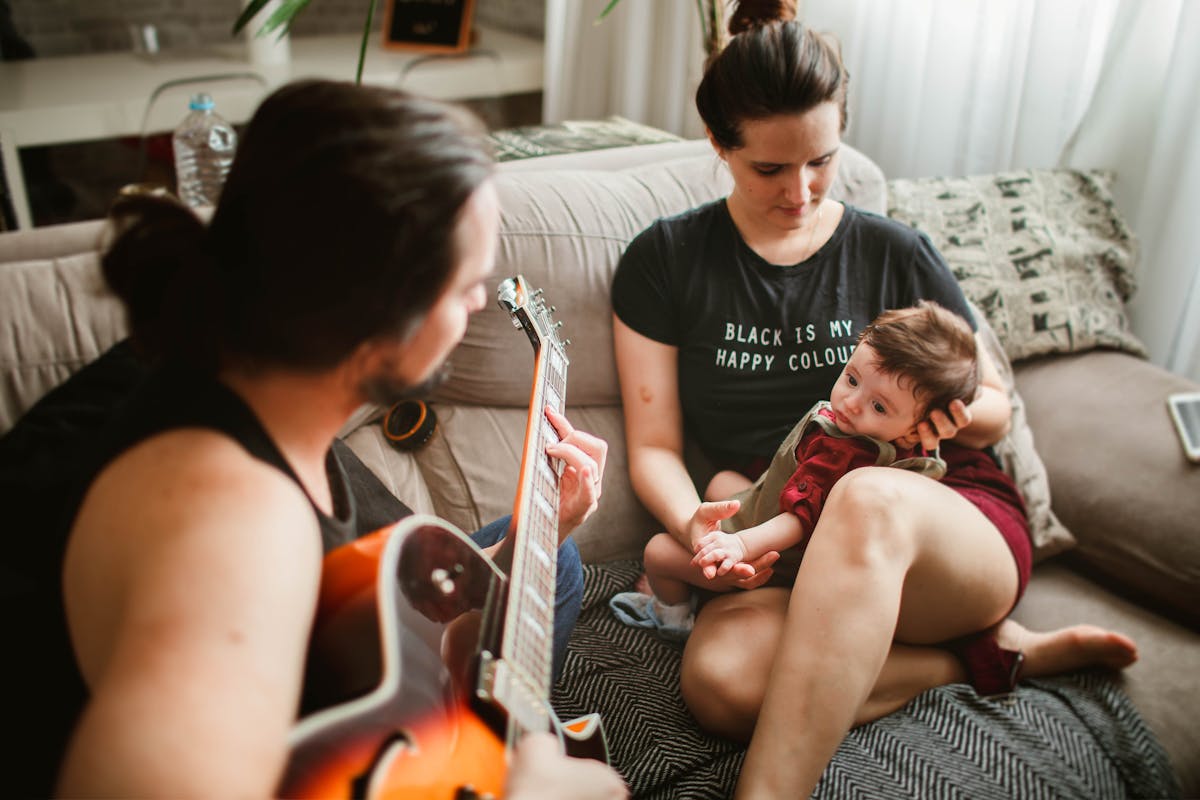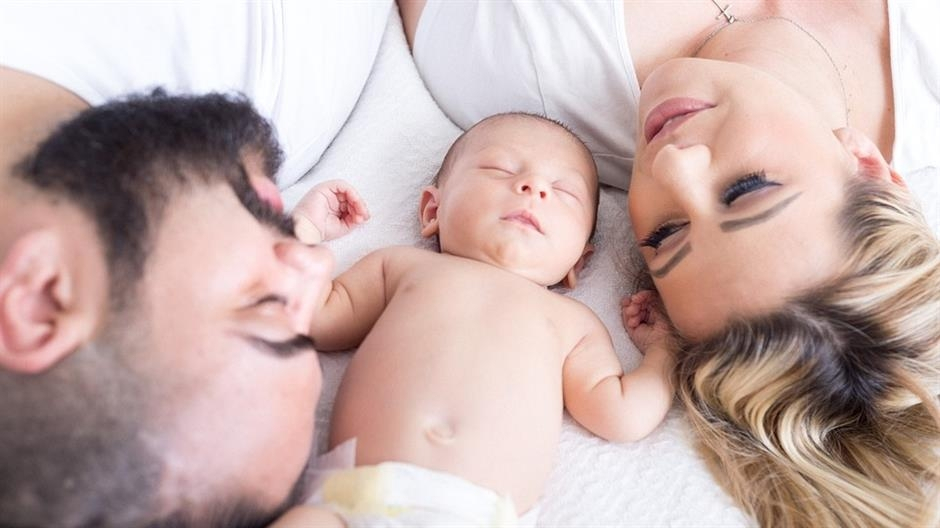
An Interesting Role of Music in Baby Development
Research shows that babies hear their first sound as early as the 16th week of pregnancy
Music and singing are important parts of our culture. Almost everything we do and encounter has some music in the background. It is on TV, in the theater, cinema, on the radio, and quite often you hum a song you like without even realizing it. From the very moment of bringing babies into the world, mothers instinctively use melody to soothe their babies and express love to them through it – writes bitiroditelj.com.
What you may not know is that babies are born with an affinity for music and often respond to it with enthusiasm. A baby’s hearing is well developed at birth, unlike other senses such as vision, which is why they respond so well to music. Mothers are advised, even in maternity wards, to surround their babies with music as often as possible, to strengthen their bond with the child, but also to support the development of speech and social skills as the child grows.
The Effect of Music on Babies in the Womb
Numerous studies prove that music plays an important role in brain development even before the baby is born. Listening to music during pregnancy has a calming effect on the mother and a very positive effect on the baby. Since babies begin recognizing their first sounds as early as the 16th week in the womb, by just 24 weeks they turn their heads toward the source of music. Besides the mother’s voice, which they are able to recognize, they can also remember songs and music they heard while still in the womb after they are born.
The Benefits of Music for a Baby’s Brain
Early contact with music can accelerate brain development, especially in areas of reading and language acquisition. On the other hand, learning to play an instrument can improve a child’s mathematical abilities. Moreover, music has a positive impact on other aspects of children’s development, such as intellectual, motor, socio-emotional, and overall literacy. Music is a unique field that helps both mind and body. Through music, children learn to recognize sounds and the meaning of words, as well as to express their emotions more easily.
Many children tend to hum songs they invent themselves or create rhythms they have never heard before. This can be explained by the fact that the child’s brain is equipped with the “necessary tools” for learning music, just like for learning language. For this reason, it is important to surround your little ones with music as much as possible, from the day you learn they are coming into the world.





